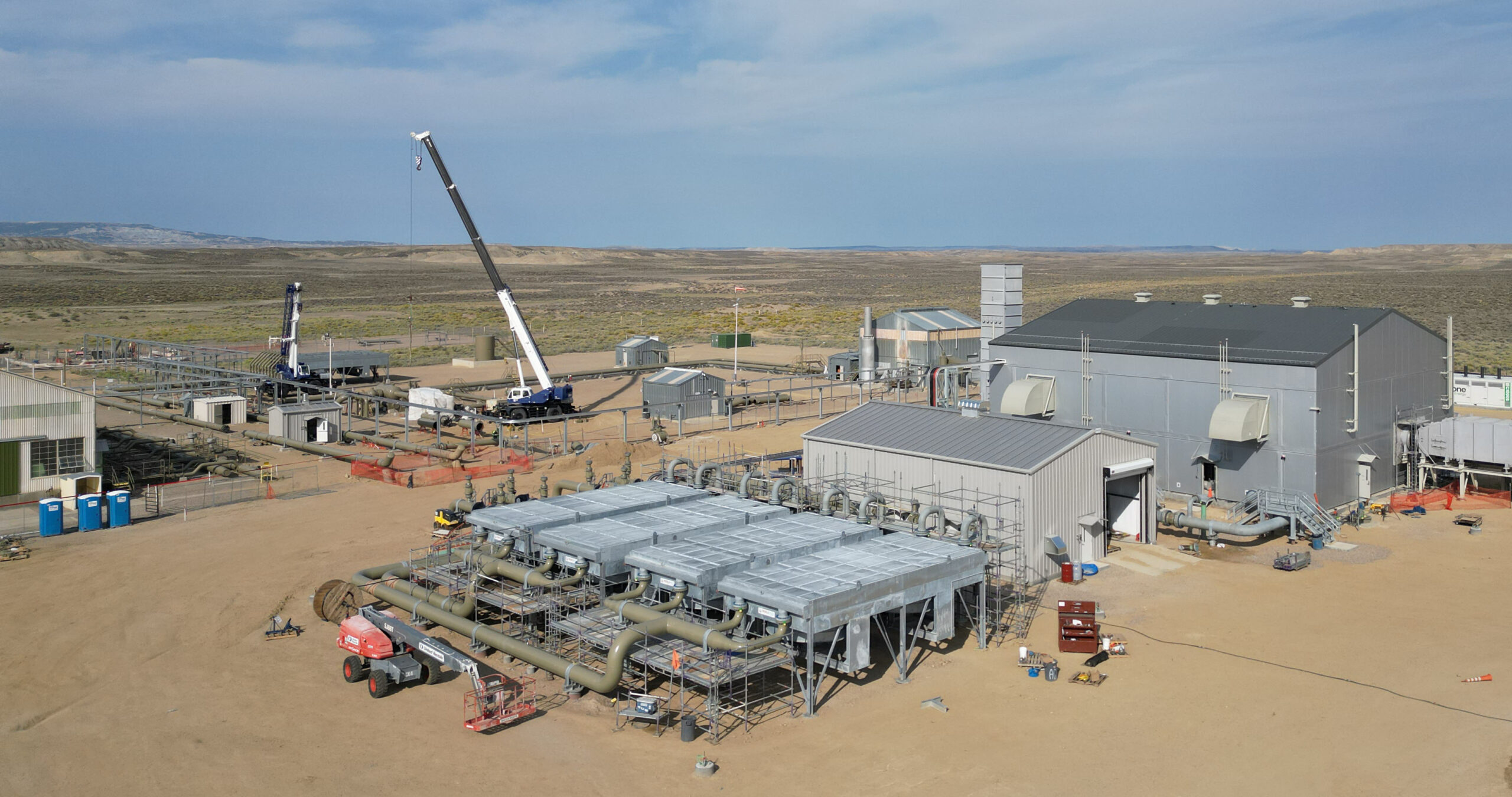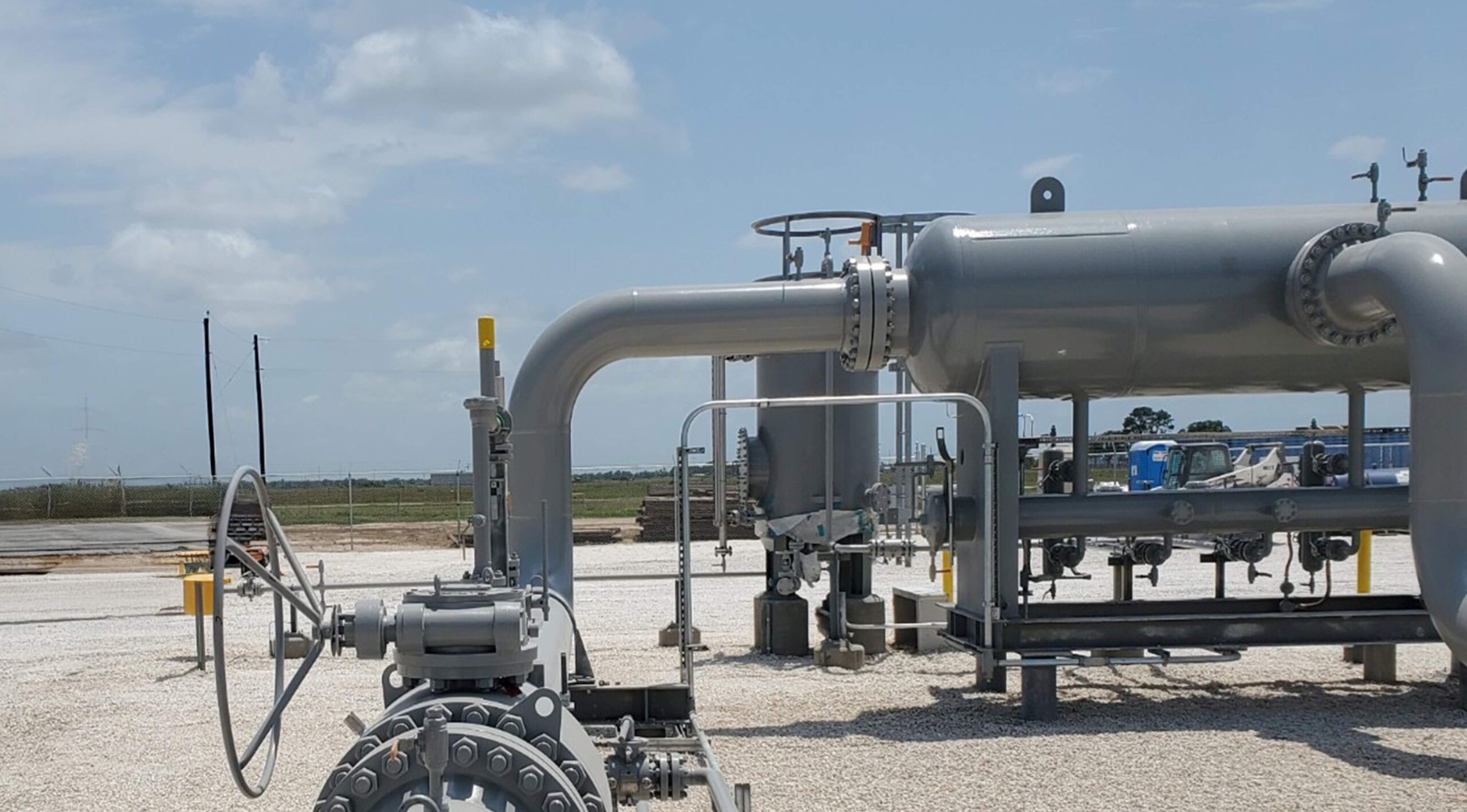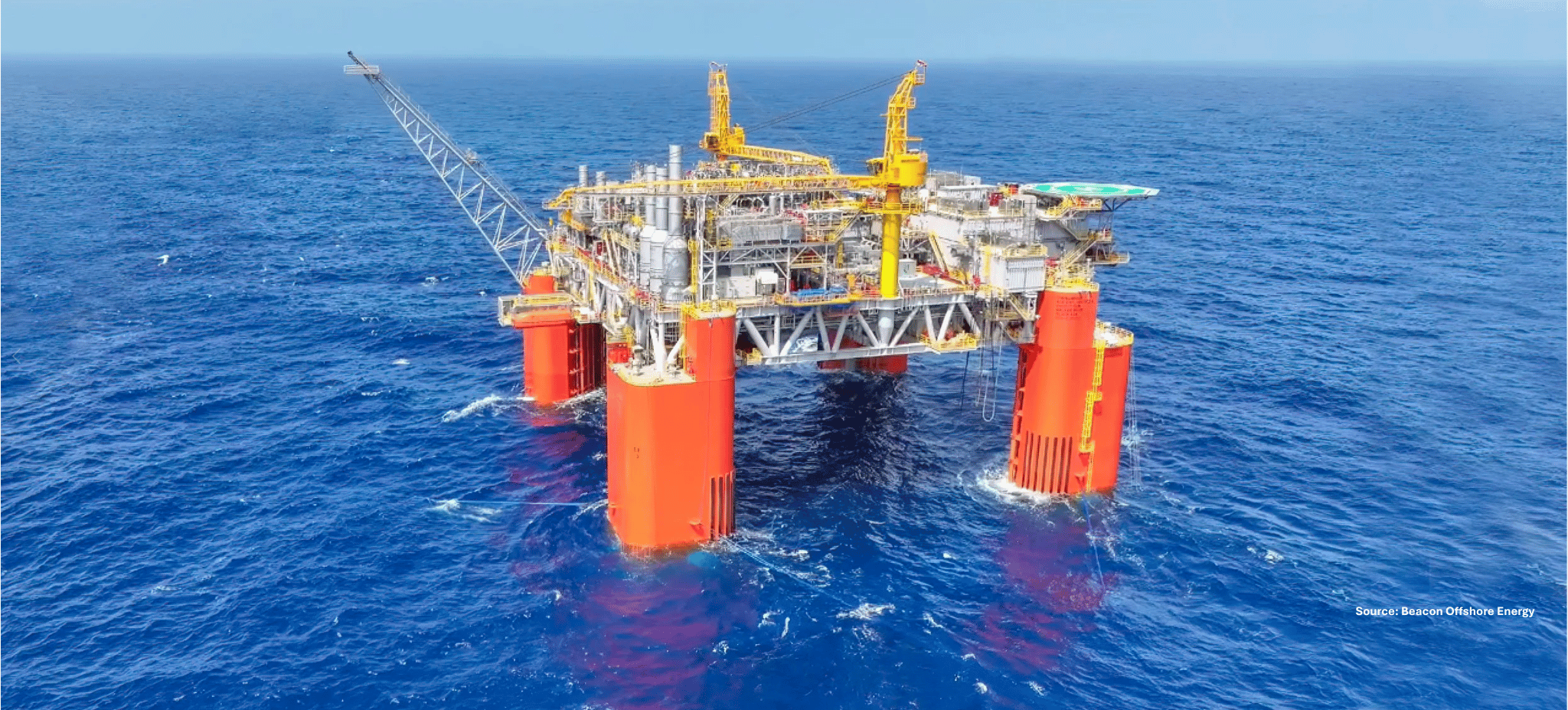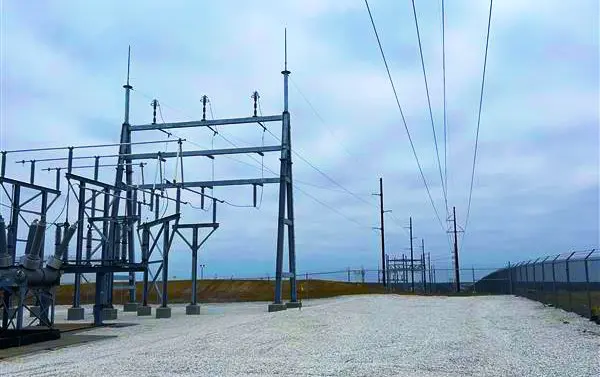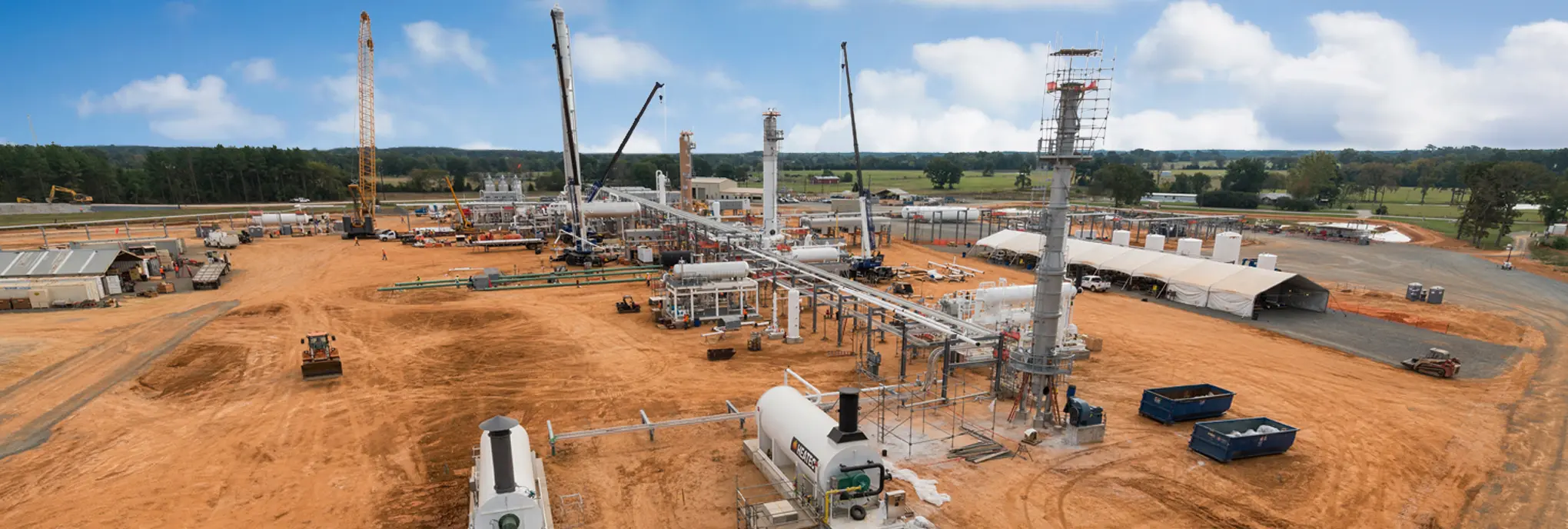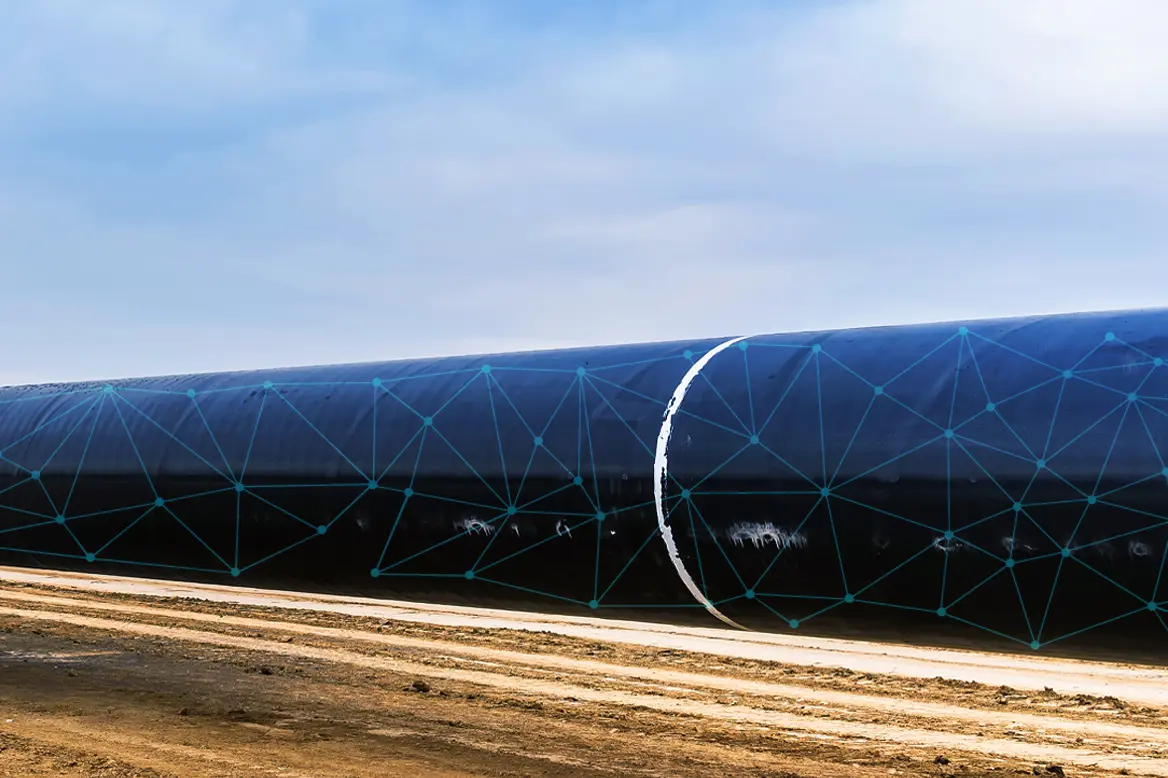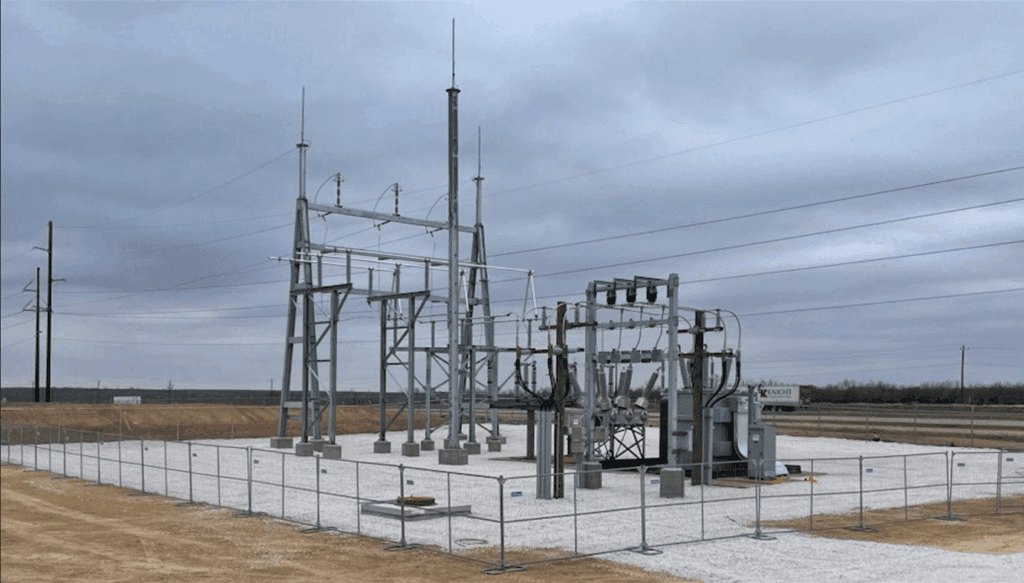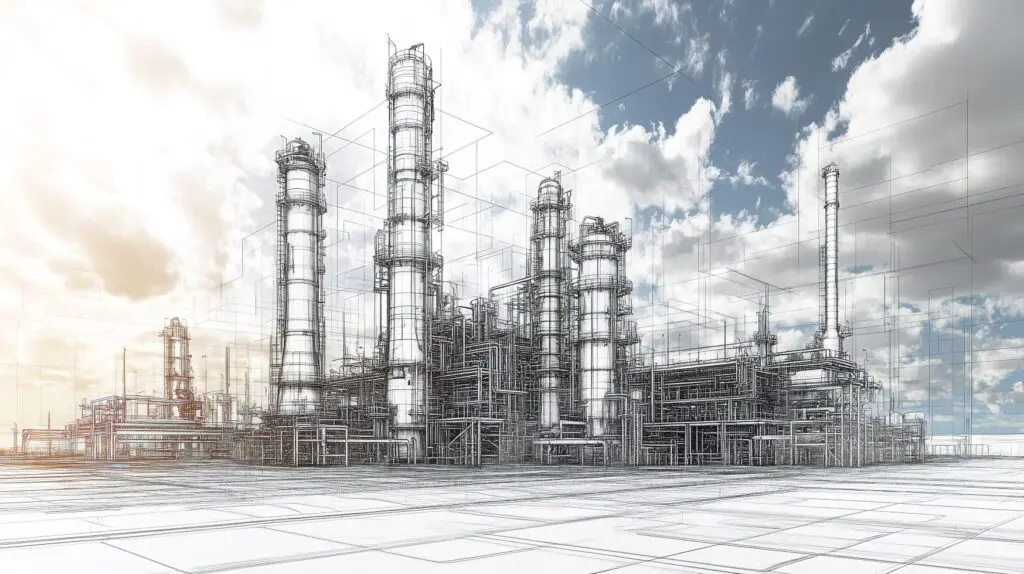

Want to share this article?
What Will Russian Sanctions and A Repealed US Export Ban Mean for the Energy Market?
With the recent sanctions against Russia and growing international pressure to lift the U.S. export ban on crude oil, questions remain about whether a major shift in the oil and gas market is on the horizon.
New EU and U.S. sanctions prohibit Russia’s state-run and private oil and gas companies from extracting Arctic, deepwater, or shale oil using U.S. or EU technologies and equipment. The sanctions put the future projects and long-term developments at risk, including Western companies with joint ventures in Russia.
Meanwhile, the U.S. has become the world’s largest oil producer amid its booming shale production. According to some analysts, repealing the 1970s export ban would allow U.S. crude oil to be sold at higher prices overseas, boost the U.S. economy, and lower U.S. gasoline prices and the price per barrel globally. Others claim that the global market will remain unaffected, but a redistribution of profits for U.S. oil producers is possible with a higher profit margin going to unrefined oil instead of refined oil.
Plans for exporting U.S. crude oil are currently underway as the ban becomes more lax. Dominion Cove Point, an existing liquefied natural gas (LNG) terminal on the Chesapeake Bay in Lusby, MD., is proposed to provide bidirectional services for LNG. In March 2013, Audubon Engineering Solutions was named Owner’s Engineer for the proposed Dominion Cove Point LNG construction project during the front-end engineering design (FEED) phase. The project will give foreign markets access to natural gas from the Marcellus Shale, which lies beneath parts of New York, Ohio, Pennsylvania, Maryland, Virginia and West Virginia.


